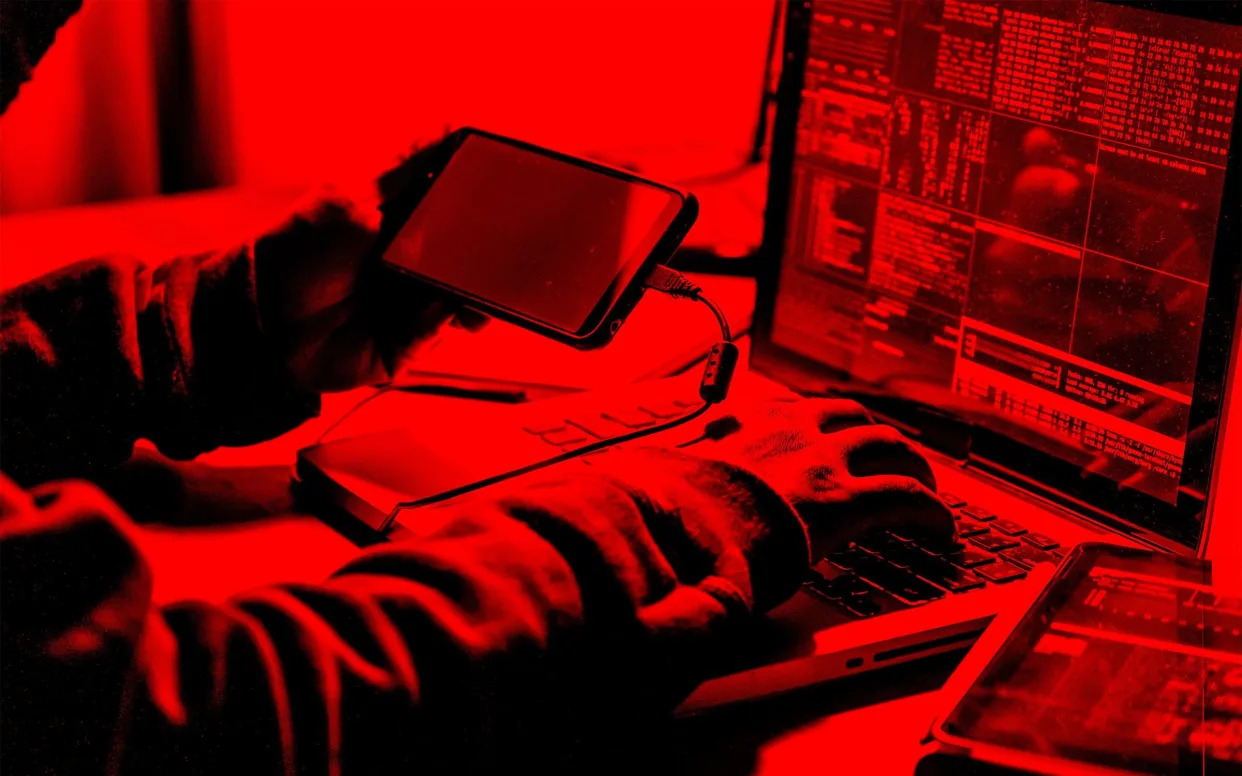Thu, September 14, 2023

Spies illustration
Spies are working from home, the Government has admitted, despite fears that doing so could leave them vulnerable to hacking by foreign states.
Ministers have insisted that intelligence officials will be able to continue with flexible working, even though it means they cannot access classified material.
Downing Street suggested that would-be spooks are demanding the right to log in remotely and that it faces struggles to recruit for purely office-based roles.
The revelations come amid heightened fears over Chinese espionage after a parliamentary researcher was arrested on suspicion of spying for Beijing. He denies the allegations.
Senior Tory MPs urged ministers to insist that all intelligence personnel report to their desks, arguing that working from home was undermining their effectiveness.
It came as Rishi Sunak acknowledged that China has been trying to “headhunt” British officials within the security services and Armed Forces. In a toughening of his language, the Prime Minister said Beijing posed “modern-day threats” to the UK and vowed to be “clear-eyed” about the danger.
Flexible working for spies ‘here to stay’
His comments were in the Government’s response to a landmark report on China by Parliament’s powerful intelligence and security committee.
In their findings, published in July, the group of senior MPs warned that China has successfully penetrated every sector of the British economy.
They also criticised the growing work from home culture within the security services, suggesting that it was impacting on the effectiveness of Britain’s spies, and said the intelligence services’ responses to their inquiry had “slowed dramatically as a result” of staff being out of the office.
They also pointed out that many officials dialling in remotely do not have “continual access to classified systems” needed to fulfil their duties.
“The ‘new normal’ for some organisations means deadlines have been missed or responses have been sanitised to enable them to be sent from home,” said the MPs.
In its response, the Government defended flexible working among spies and insisted it was here to stay despite concerns.
“The intelligence community learned many important lessons about the benefits of hybrid working during the pandemic, and will continue to provide opportunities for staff to work from a wider range of locations where it is still possible for them to fulfil their roles,” ministers wrote.
“Much of the work involved with running such complex organisations can be done in a variety of ways, and providing flexibility allows relevant organisations to recruit and support a wide variety of staff and build a fully diverse and inclusive set of organisations.”
‘Spooks have become spectres’
Experts have previously warned that it would be “extremely easy” for foreign security services to hack into home broadband connections.
Conservative MPs reacted with dismay to the Government’s response, suggesting ministers did not understand the implications of their stance.
Sir Iain Duncan Smith, a former Tory leader, said: “In brutal terms, you could say productivity has fallen significantly. Can they work from other locations? Yes. Can they work effectively from them, or as effectively? No. The Government response is complacent.”
Sir Jacob Rees-Mogg, a former minister for Government efficiency, added: “The spooks have become spectres. The modern spy may eschew the James Bond image, but at least he did some work.”
In a statement, Mr Sunak assured MPs that he was “acutely aware of the particular threat to our open and democratic way of life” posed by China.
Number 10 acknowledged China has taken action that “crosses the line from influence into interference” by targeting officials with “sensitive knowledge and experience”.
It said Beijing had tried to recruit people from “government, military, industry and wider society” with lucrative job offers as part of a “prolific” spying operation.
But a former head of the Foreign Office suggested that Downing Street was overreacting in the wake of the arrest of the alleged spy in Westminster.
Lord McDonald said it was a “legitimate objective” for foreign powers to monitor Westminster, and Beijing should be subject to the same standards as allies such as the US and France.

No comments:
Post a Comment